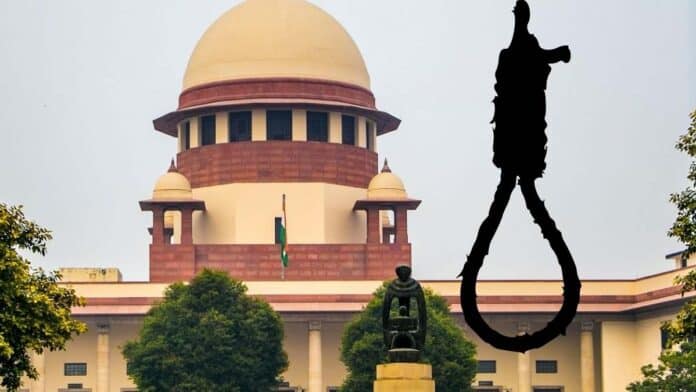The Supreme Court on Monday, August 25, 2025, held that it is empowered under Article 32 of the Constitution to reopen the sentencing stage in capital punishment cases where procedural safeguards have been violated. A Bench of Justices Vikram Nath, Sanjay Karol, and Sandeep Mehta made this significant ruling while allowing a plea from a
To Read More Please Subscribe to VIP Membership for Unlimited Access to All the Articles, Download Available Copies of Judgments/Order, Acess to Central/State Bare Acts, Advertisement Free Content, Access to More than 4000 Legal Drafts( Readymade Editable Formats of Suits, Petitions, Writs, Legal Notices, Divorce Petitions, 138 Notices, Bail Applications etc.) in Hindi and English.




